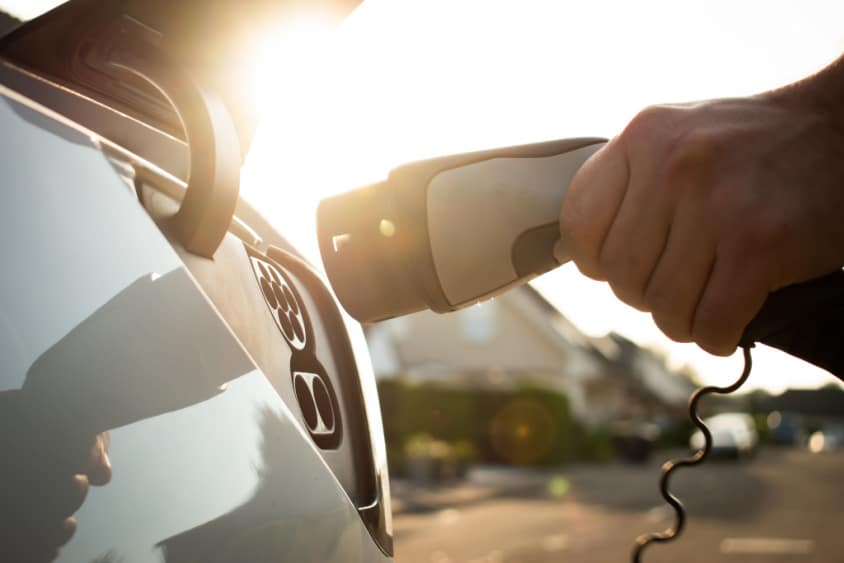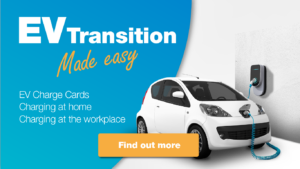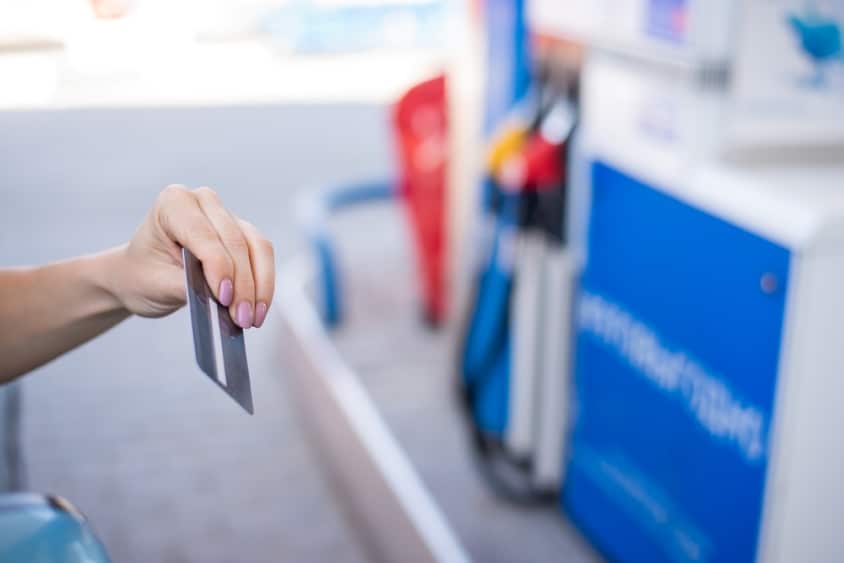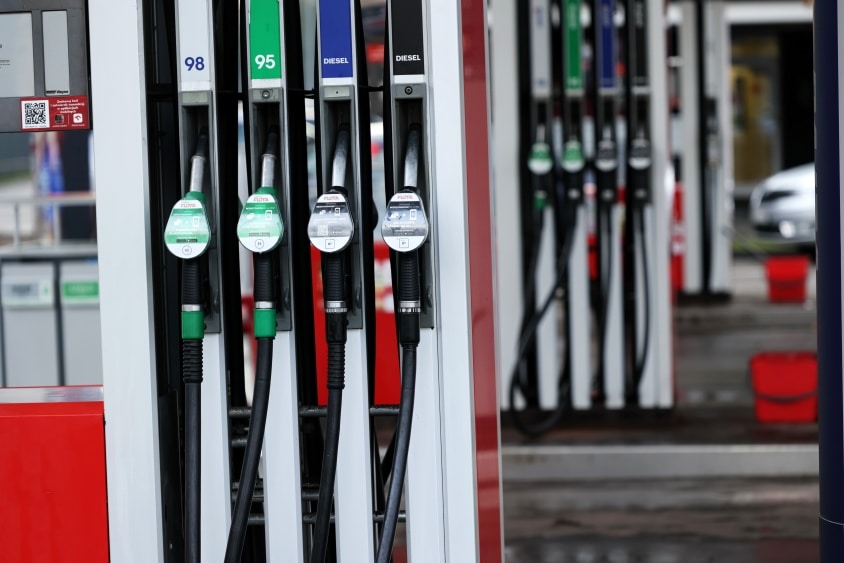Electric vehicle charge cards are the fuel card for fuel-less vehicles. Much like fuel cards for petrol and diesel vehicles, EV charge cards are a card for charging electric cars and vans, offering EV fleet vehicle drivers a simplified way to charge up and pay for electricity.
In recent news, the UK Government has announced that £400 million is being put into charging infrastructure around the country, a move that will help to facilitate the use of EV for both business and personal use.
With more and more electric vehicles taking to the roads and Net-Zero Carbon targeting more important than ever, EV focused charging solutions are quickly gaining traction. But how do electric charge cards differ from traditional fuel cards? And what benefits can EV fleet drivers and managers expect to gain from utilising EV charge cards to power their fleets?
With EVs becoming increasingly viable for fleet vehicles, fleet managers can benefit from learning more about how these EV charge cards work and how they translate all the benefits of traditional fuel cards to a new format designed for innovative fleets.
What are EV Charge Cards?
The most common type of EV charge card is the RFID charge card, or Radio Frequency Identity Cards. Similar to their fuel-based equivalent and contactless cards, RFID EV charge cards allow you to pay for charging purchases by tapping the card against the charge point card reader.
Electric vehicle charge cards are being used in a similar way to traditional fuel cards more often, and they offer fleet operators a more efficient way to both purchase electricity and manage fleet spending. Like traditional fuel cards, EV charge cards can be tied to specific brands or available for use at a range of charge point providers.
EV Charge Card benefits
With an EV charge card, holders can benefit from electricity savings, and access to a wide range of charging stations across the UK and can even offer savings on traditional fuel, making them a useful choice for hybrid vehicles too.
You’ll find many EV charge cards offering access to up to 10,000 charge points across the UK, with access to rapid charge points too, making them a great choice for fleets requiring efficiency when refuelling. Charge cards for electric vehicles can offer savings per kWh that quickly add up, and with reduced costs through efficiency and less consumption fleet managers will quickly see the economical benefits of introducing both EVs and EV charge cards to the fleet.
Accompanying tech helps make this renewable fuel even easier to get a hold of, with many EV charge cards coming with apps and fobs for efficient charge point location and recharging, helping you streamline your fleet even further. Fleets can also benefit from discounts on food and drink with cards like the Shell EV Charge Card, making it as easy to refuel your drivers as it is to recharge your EVs.
Where can I use my EV charge card?
Regardless of what brand of EV charge card you opt for, working out where you can use it will follow a similar method.
Petrol stations increasingly offer electric vehicle charging points, so finding charging points is getting increasingly easy. If you want to plan ahead and ensure your EV charge card is accepted at a petrol station before you stop, you can use tools like your card brand’s app. These handy tools will help you plan your trips around compatible charge point availability, often with useful map formats.
Do you need a card for EV charging?
You don’t need a charge card in order to power up your EV, often you can still pay by card for electricity for your vehicle, but the benefits of an EV charge card shouldn’t be shrugged off. For managers of expanding EV fleets, keeping a handle on admin costs and being able to manage fuel expenditure efficiently and effectively is crucial – and this makes the right EV card an invaluable tool to have in your arsenal.
Having a suitable EV charge card for your fleet drivers to use not only helps you to reduce the administration associated with refuelling fleets but could also unlock a host of benefits that could have your fleet saving time and money.
How can Fuel Card Services help?
If your fleet is making the switch to EVs and hybrid vehicles, now is the time to consider your fuel card options. Our team of experts are on hand to help you choose the EV charge cards that suit your fleet’s needs, so don’t hesitate to get in touch for bespoke support.






